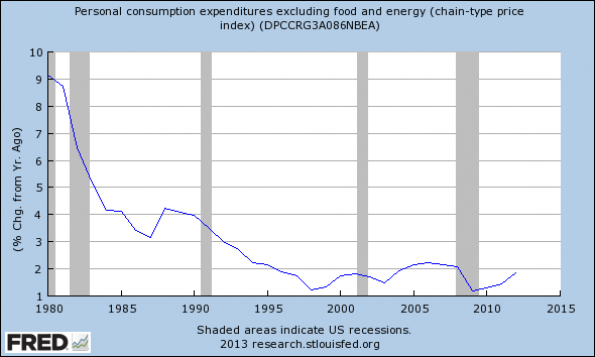Online Extra Economists Suffer from Physics Envy
Post on: 16 Март, 2015 No Comment

February 19, 2006
Andrew W. Lo is what Wall Street wags calls a rocket scientist. He’s a finance professor at the Massachusetts Institute of Technology Sloan School of Management, director of the business school’s Laboratory for Financial Engineering, and chief scientific officer at the hedge fund Alphasimplex.
In both theory and practice, Lo’s wide-ranging intellect hovers at the frontiers of finance. One of his projects is an attempt to incorporate evolutionary psychology and evolutionary dynamics into modern finance with his Adaptive Market Hypothesis (AMH). In essence, AMH argues that investors use trial and error to establish rules of thumb in the markets. Their skills improve as they climb a learning curve, and then, inevitably, they confront changes in the market that render some strategies obsolete. The survivors innovate, and come up with new ways of making money.
BusinessWeek Contributing Economics Editor Chris Farrell sat down with Lo for a talk during a break at the American Economics Assn.’s annual meeting last month. Here are some edited excerpts from their conversation:
You think Charles Darwin’s ideas about evolution, natural selection, and the like apply to the financial markets?
Yes. For instance, the hedge-fund industry is the Galapagos Islands — where Darwin [developed the idea of] evolution — of finance. Because of the lack of patents, speed of innovation, and the ruthlessness of competition, we can see evolution in the hedge-fund industry. It looks nothing like it did five years ago.
To digress momentarily from the link between finance and evolution, there’s a lot of concern that trouble may be brewing with hedge funds. Are you worried?
When Long Term Capital Management (LTCM) got in trouble, had the Fed not stepped in, at least one major financial institution on Wall Street would have gone under, maybe two I worry about hedge funds and their impact on the global marketplace. We need lots more data — data we don’t have.
Back to economics. What role has evolution played in economics?
Economists suffer from physics envy. We would all love to have three laws that explain 99% of economic behavior. But it won’t work. Neoclassical economics works really well in some areas. But in the financial markets, neoclassical economists have failed miserably. The efficient-market theory has been rejected.
Of course, bringing together evolution and economics — a biological model — isn’t a new idea. It goes back to Darwin, who corresponded with Thomas Malthus [who is often considered the first economist]. Malthus thought about natural selection, and he and Darwin talked about it. Joseph Schumpeter and his idea of creative destruction is really evolutionary dynamics. A paper on sociobiology and economics by University of Chicago economist Gary Becker was very important in furthering this concept.
Why do you call your theory the Adaptive Market Hypothesis?
People are adaptive. Rules of thumb govern how people behave. What behavioral economists have criticized are rules of thumb that work well in some contexts but not others. That the rules don’t always apply doesn’t mean people are irrational. Find out under what conditions they’re adapting. It’s all about context.
In the cognitive neuroscience literatureemotion is neither good nor bad. It’s simply a tool. I wanted to prove that emotion isn’t bad in the context of financial decision-making. Even the best traders have significant emotional reactions when they trade, and it’s a valuable tool.
Financial models and products developed in the context of a specific paradigm — the efficient-market theory. The behavioral economists have had a field day because no one behaves the way the framework posits. So we have to model preferences in a more natural way. That’s where the neuroscience comes in — looking at how do we form our risk preferences, what makes a person that person.
How have other economists reacted to your evolutionary-based ideas?
Behavioral economists hate this stuff. Traditional economists are still wedded to efficient markets and rational expectations. The neuroscientists are receptive.
Will your ideas eventually help the person trying to manage a 401(k) or personal finances? Will he or she be able to hedge against unwanted risks?
There are already credit derivatives that allow you to hedge against default. You can hedge against college-tuition risk. It’s beginning to trickle down. But does the typical individual understand this? The product is there, but we don’t know how to connect to the retail market. This is where the next innovation wave will come.














